
Welcome to a series of interviews which lift the lid on some of the obstacles and troubles that top players have learned to battle against, control and overcome to continue to perform at the highest level in the women’s game.
The idea is to share so that we all (be it me, you, parent, coach, team mate, teacher, fan etc) remember that we are not alone, that even if it might not seem like it, so many of us have our struggles. And there is hope.
Remi Allen (Reading) has made this happen. I’ll share her words to explain why she and her friends in the game decided to do this because she does it better than me. These women are inspiring. These are their stories. JEN O’N (SK Ed)
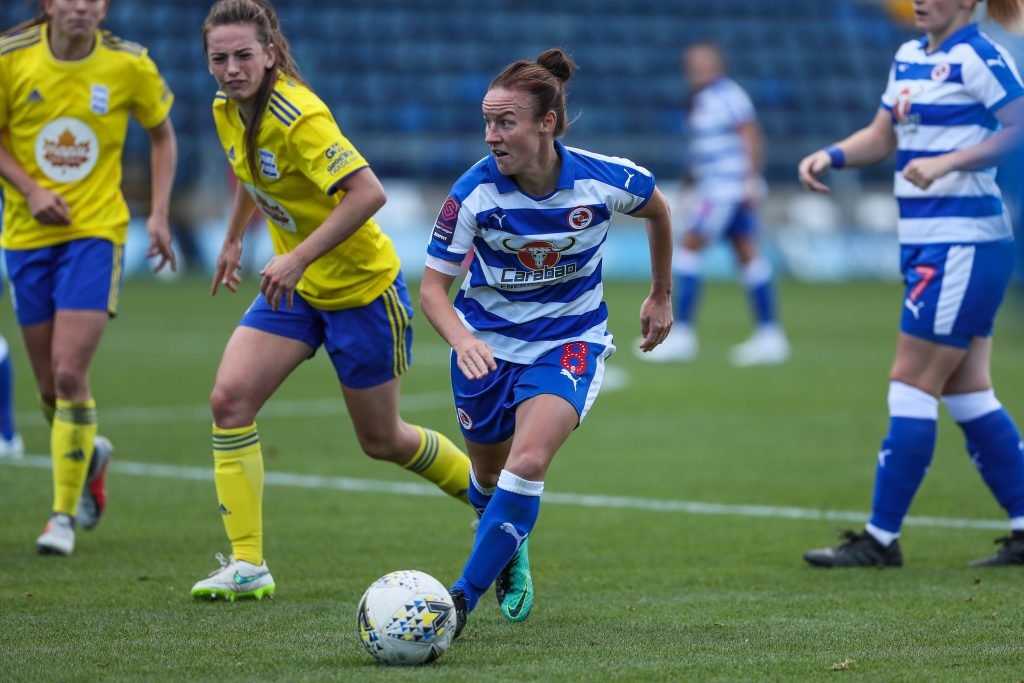
REMI EXPLAINS: To be fair, it is something I have wanted to do for a while. It’s not one of those things like ‘I want you to know my business and to know how I have struggled’. It was on ‘World Mental Health Day’ and I was on social media seeing so many people coming out and saying how they know people who are struggling or that they are struggling, or their daughters, sons, whomever. As female footballers, we have a powerful influence and can be huge role models, especially to children. I thought, if I can share my experience and I can get other players to share their own, then potentially, how much difference could we make? Whether it is one person, or a lot of people, if we can just get youngsters and adults to know that it’s okay not to be okay and that it is also okay to speak out.
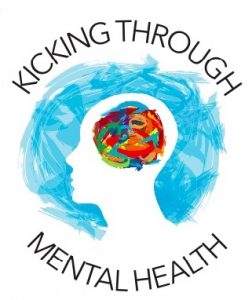
HERE IS REMI’S STORY
Has something outside of football or outside of your control affected your training and/or playing?
Yes. There’s been quite a few periods of my career where outside factors have affected my game or my ability to train to my best. There are always going to be external factors in life because, well, that’s just life I guess. However, through certain periods of my life I have definitely struggled a lot more than anybody knew about and certainly a lot more than I would have liked too.
What were the problems, if you can explain?
I had a very unstable upbringing. My mum and dad were both alcoholics and my mum certainly suffered with many mental health problems. I ended up not really seeing my mum or having much contact with her from the age of 13 onwards. I lived with my dad and that was a very abusive hostile upbringing. I cut ties with my dad as I got older but there were many damaging effects from the years spent in his care as well as my mums. I had three younger sisters so I had a lot of responsibility on me to look after them and protect them from stuff. I developed a lot of anxiety issues and looking back now probably bouts of depression as well. It probably impacted every aspect of my life without me even realising. I always felt quite negative towards most things and like I couldn’t cope with simple tasks or even look forward to the day ahead on bad days. I would make bad decisions in terms of relationships and my general life all because of the mind set I was in, I had a lot of anger towards my parents and it just wasn’t a good place to be in at all.
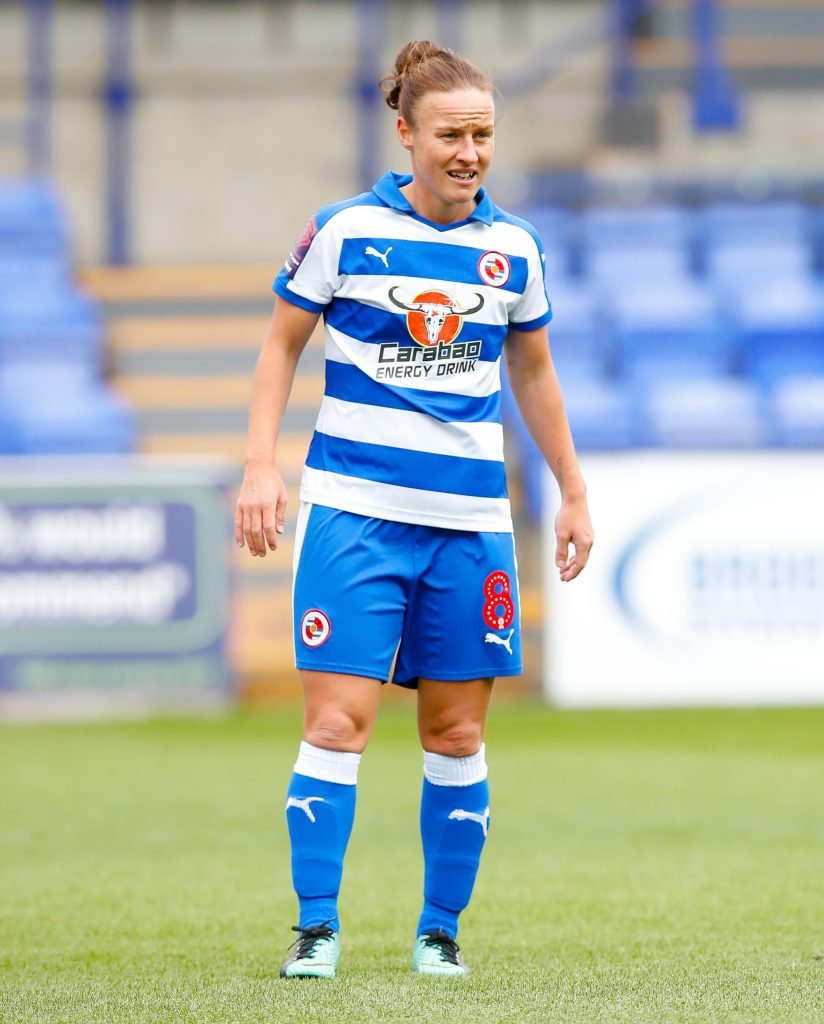
How did it affect your football? Did it happen ‘overnight’ or build slowly?
Sometimes it wouldn’t affect my football at all, often football was an escape for me and it allowed me to feel ‘free’ from all my worries and my problems. It almost felt like my saviour. However sometimes it would affect me, I wouldn’t feel in control of my emotions and I would struggle to deal with silly things, like refereeing decisions or getting beat 1v1 for example. Sometimes it would make me feel quite lonely and I would keep myself to myself, feeling anxious or depressed can feel like the loneliest place in the world.
How long did it take for you to realise this was a problem and and do something about it?
Ithink I always knew it wasn’t quite right the way I was feeling but it took me years to finally admit it to myself and to anyone else and to be in a place where I wanted to go and get help.
Did you tell your coach or team mates?
The only person I really opened up to was my best friend, who also happened to be my team mate. I never fully admitted to her the extent of how I felt but she was the only one I felt comfortable enough to say anything to. I think close friends were kind of aware I was struggling but it was never really addressed that I was struggling with anxiety or depression.
If yes, what happened?
She encouraged me to open up a little more and to go out and seek some professional help. She never once judged me or made me feel bad about anything I was feeling. She supported me throughout and became my sounding board almost. She’s a big reason I’ve coped the way I have and took the steps I needed to help myself.
If no, why not?
I never told any of my coaches because I couldn’t bare the thought of being judged or being treated differently. I didn’t want them to think I was weak or that I couldn’t handle things because I always no matter what wanted to play.
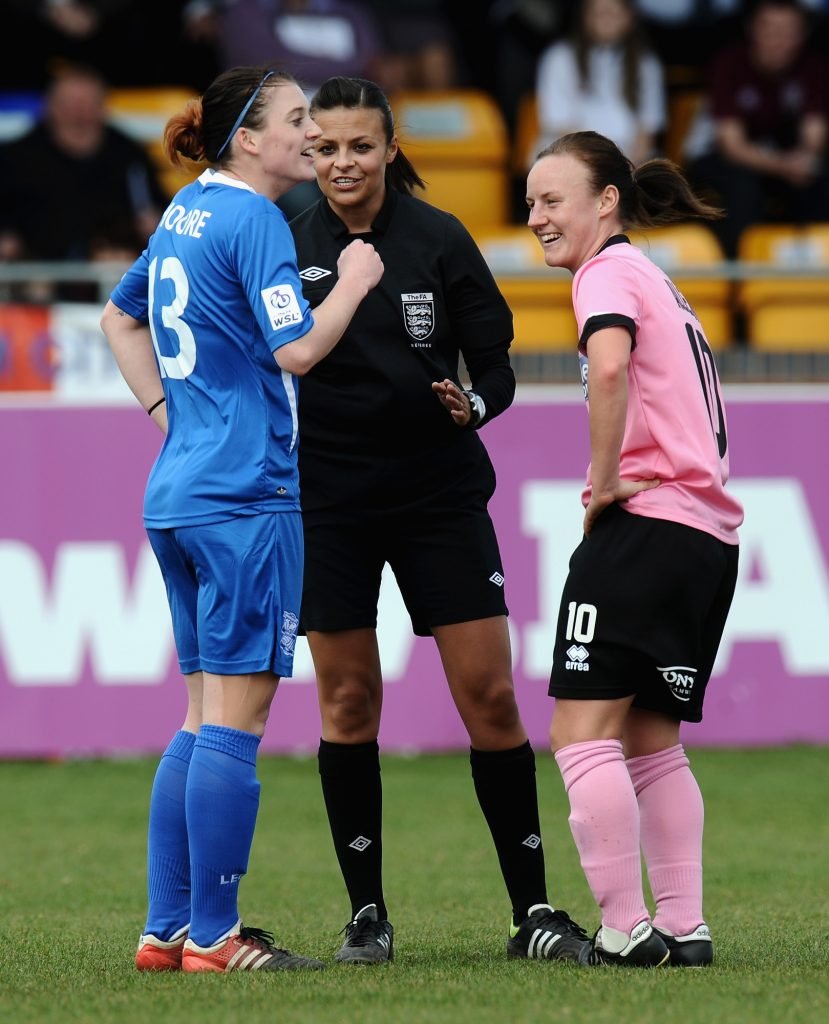
Did you look elsewhere for help? Where and did you find it?
I contacted the Professional Footballer’s Association (PFA) who were amazing to me. They got me in with a counsellor pretty quickly and I started my journey to my recovery from there. I feel like counselling was a huge step but it’s definitely something that I would recommend as sometimes managing the battles on your own is just too much.
What did you do or do you to manage it or make it better?
Along with my counselling, I now read as many self-help books as possible (I recommend Susan Jeffers). I listen to podcasts daily and I have also started meditation. I try to surround myself with good, honest, people who all support me on my battle.
Did it come back or did something else come along and affect you in a different or similar way? How did you cope?
I believe it’s something that I will always have to live with as I basically have throughout my entire life. I now know with the right coping mechanisms and things in place it is something that I can handle. There of course will be good and bad days but I feel in a much stronger place to handle whatever it is.
Is there something you wish you had done differently? What would that be and what would you say to someone who is facing the same issues?
I would say SPEAK OUT! Don’t be ashamed of how you feel, we all have struggles and issues. It doesn’t matter if you are the most famous person on earth, or you have all the money in the world, people still struggle. By speaking out you take back the power and you will be surprised how much people want to help and support you.
How do you think having these issues/problems have affected you as a player and as a person?
I actually think as a player in a way it has helped me. I focused all my positive energy on football, it gave me the desire to succeed and it also helped with my self confidence because it was something I was good at and got praise for. As a person I think I’ve allowed it to consume a lot of my life and I’ve spent many years feeling miserable, misunderstood and lonely. However, since I’ve decided to go and get help and get my head around beating this illness I’ve felt so much stronger. I have an excitement about life again and I feel very proud of myself.
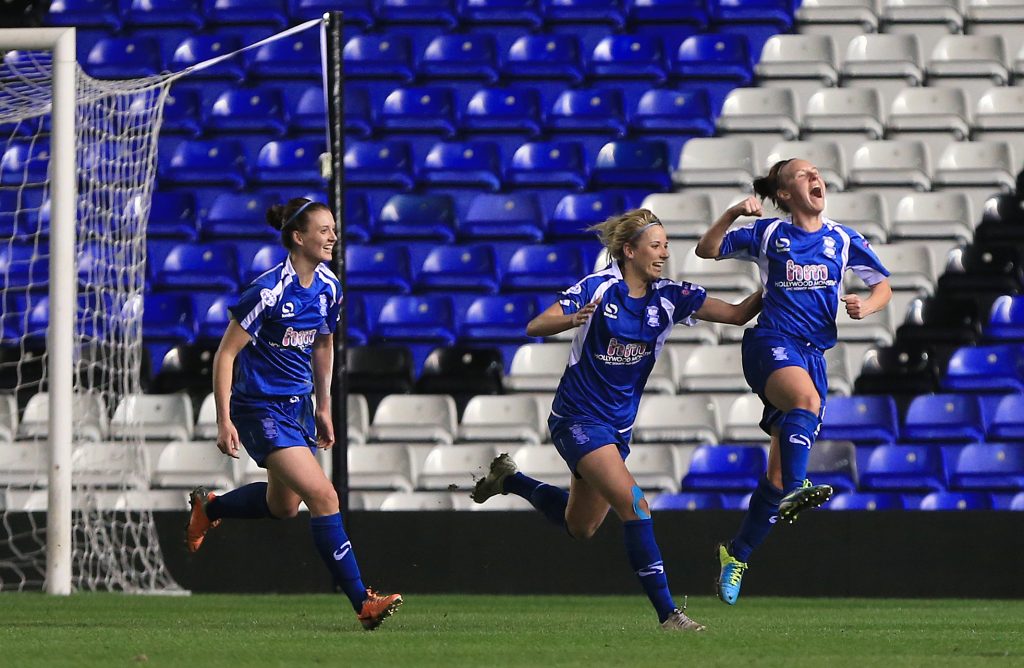
Do you or did you feel embarrassed, guilty or weak?
I think for a long time I felt very weak and pretty shameful for feeling the way I did. I was scared to be honest for the fear of being judged. In earlier years in my sporting environment it wasn’t something that was really spoken about. Now I see it totally differently. I feel strong and I feel proud of my journey and I would love my story to help anyone who feels in anyway like I have.
Is there any other advice or suggestions you can offer?
Please remember YOU ARE NOT ALONE. It really is okay not to be okay. There are so many organisations out there who can help you, there’s so many resources available to you that can help too. Always remember that people are here to help: friends, family or even strangers. Speak out and let them support you. It may seem scary and that nobody will understand but I promise you they will.
Follow Remi on Twitter: @remi_allen
NEXT WEEK another FAWSL player will share their story & tell you that it’s OK not to be OK.
WHAT NEXT FOR YOU? WANT TO SPEAK TO SOMEONE OR SIMPLY NEED MORE INFO?
There are some amazing charities & people out there (these are just a few) if you don’t know who to reach out to:
https://www.mind.org.uk/workplace/mental-health-awareness-week-2018/
https://www.ifucareshare.co.uk




